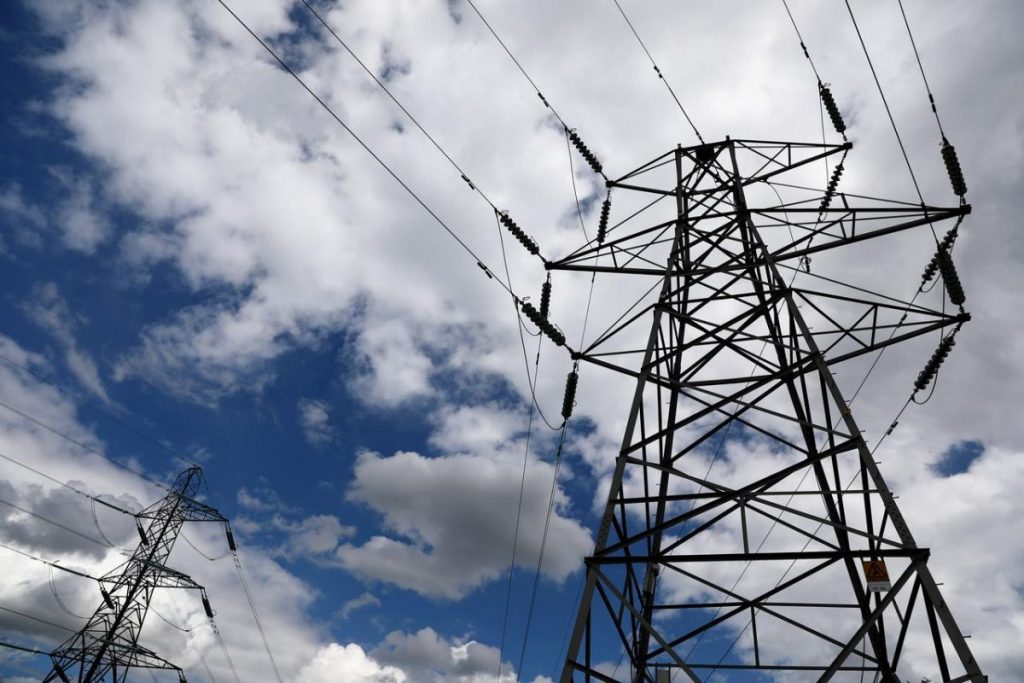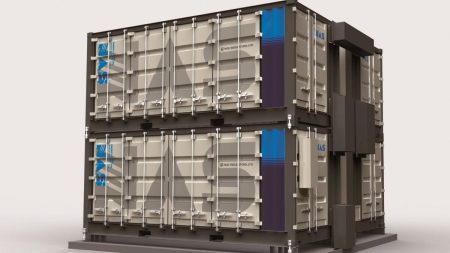 16 December 2011, Sweetcrude, ACCRA – The Ghanaian government says it plans to increase the country’s installed power generation capacity from approximately 2,000 megawatts (mw) to 5,000mw as it explores ways of making energy a fundamental right of all citizens.
16 December 2011, Sweetcrude, ACCRA – The Ghanaian government says it plans to increase the country’s installed power generation capacity from approximately 2,000 megawatts (mw) to 5,000mw as it explores ways of making energy a fundamental right of all citizens.
Deputy minister of energy, Inusah Fuseini, disclosed this at the recent power summit on the Millennium Challenge Account (MCA) in Accra and said the government was also exploring the solar and biomass options in the move to achieve increased capacity.
In increasing its generation capacity, Ghana plans to become a net exporter of power by 2015. It is targeting neighbouring West African countries, including Nigeria, Togo, Mali and Benin Republic, as market.
According to Fuseini, who indicated that $1.7 billion would be required to meet the country’s quest for universal access to electricity supply, the government had received $966.55 million from bilateral and multilateral institutions in that regard.
“There was a shortfall of $729 million, for which reason support from the MCA Compact II would be helpful. The other part of the 400 megawatt Bui dam is expected to be completed by 2013,” he said.
Other interventions aimed at improving the power supply situation, according to him, include the commissioning of the Takoradi thermal plant, improvement of system reliability, reduction of system losses and implementation of transmission improvement projects.
Fuseini added that the Bui Power Authority is due to commission the first unit of the Bui Hydroelectric Dam early next year, at production capacity of 113 megawatts.
Ghana’s vice president, John Dramani Mahama, said at the summit, which had as theme, “Powering Ghana for Accelerated Development,” that the Ghana government had already begun power sector reforms, with the establishment of infrastructure to increase power generation.
“Investing in power, making it reliable and improving access, are the ways to go,” he said.
The overall objective of the summit was to create a platform for participants to discuss and make input into the concept paper for the MCA Compact II, aimed at accelerating economic growth and reducing poverty, through increased private sector investment in the Ghanaian power sector.
Ghana’s Compact II will directly support the energy sector’s strategic objectives to achieve power supply sufficiency, including exports to neighbouring countries by 2015. It also aims to supply power for new oil and gas based industries.



